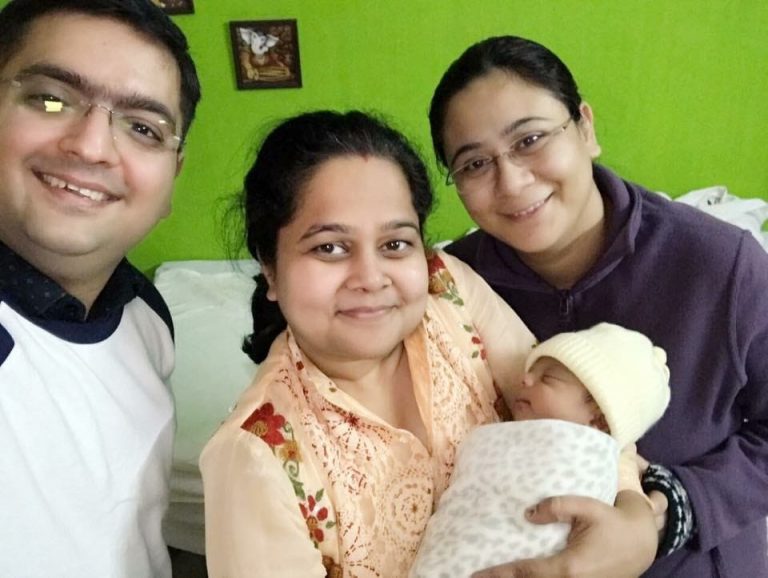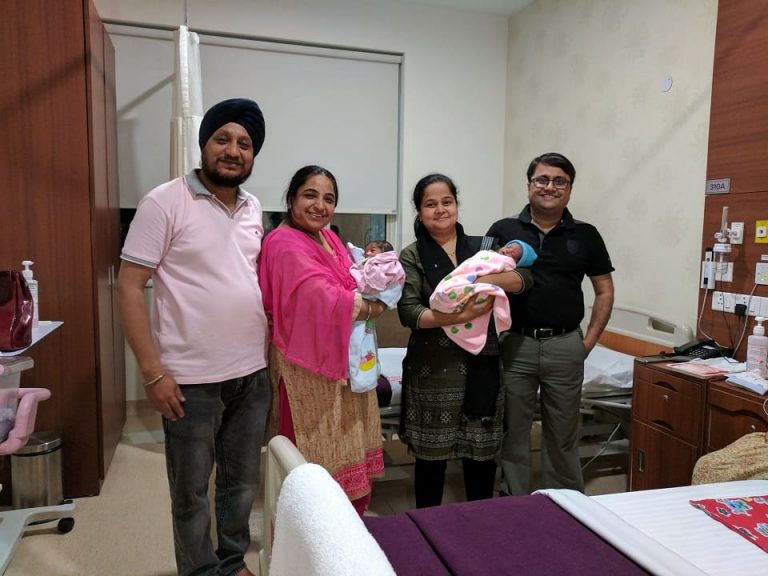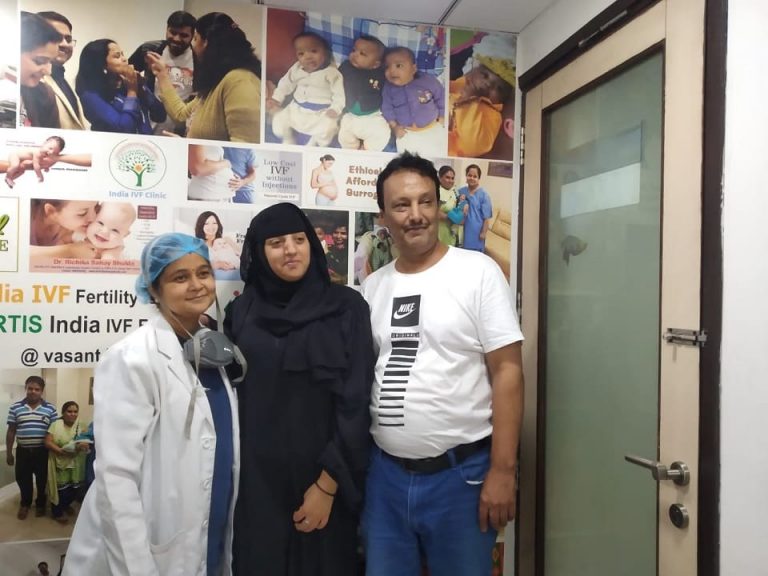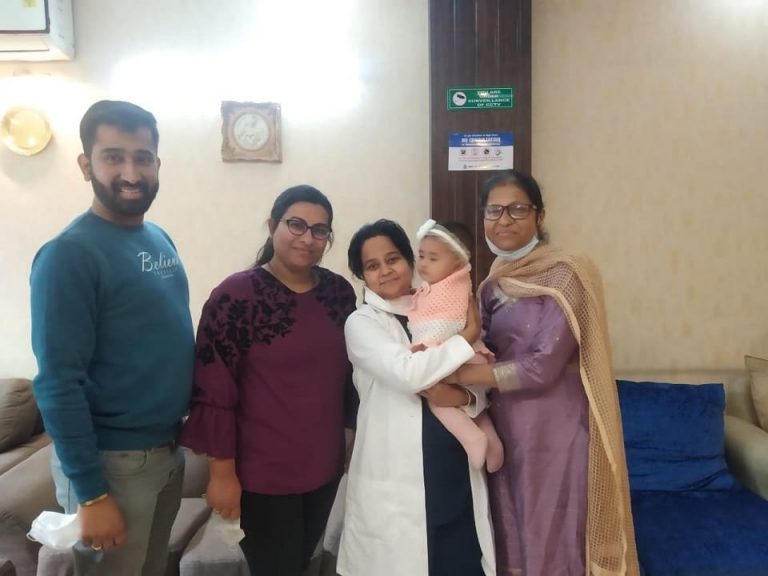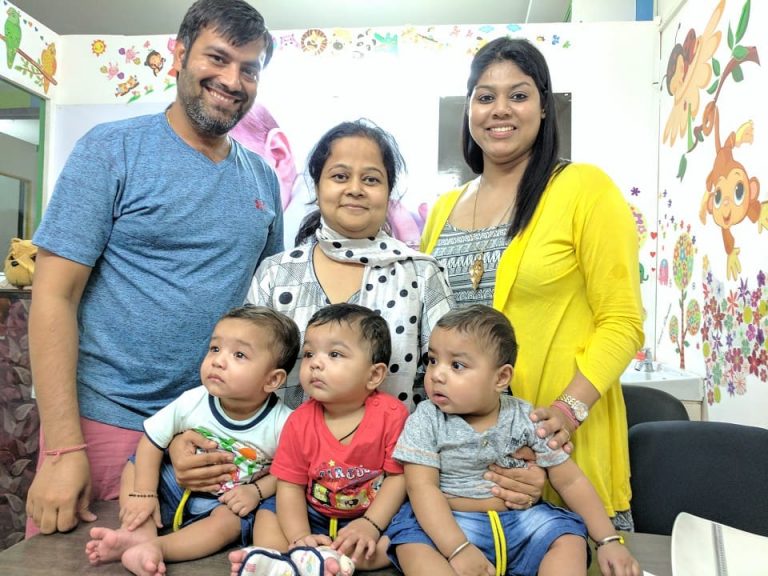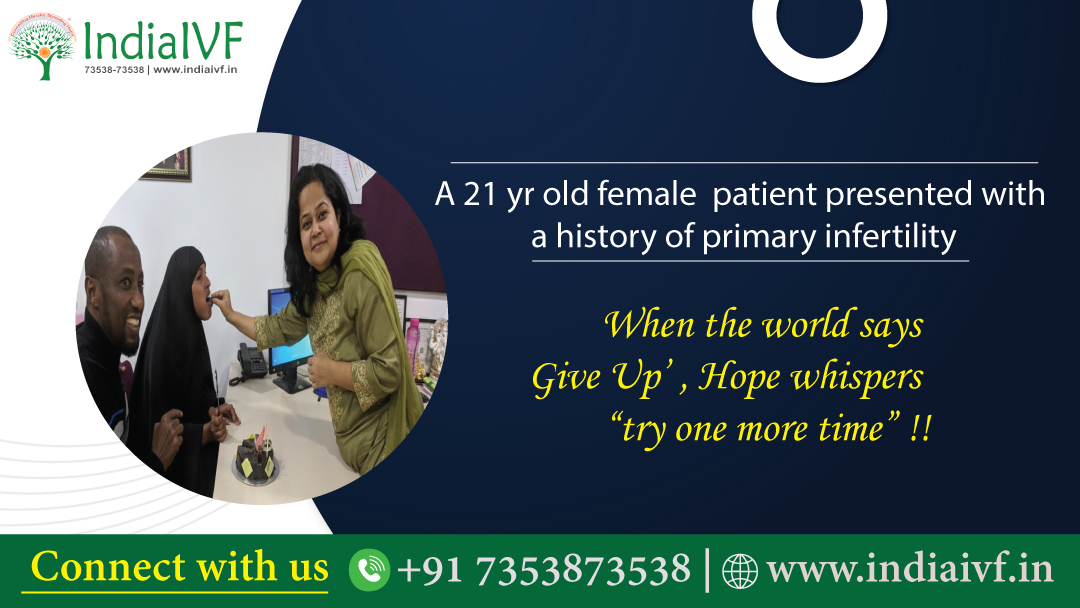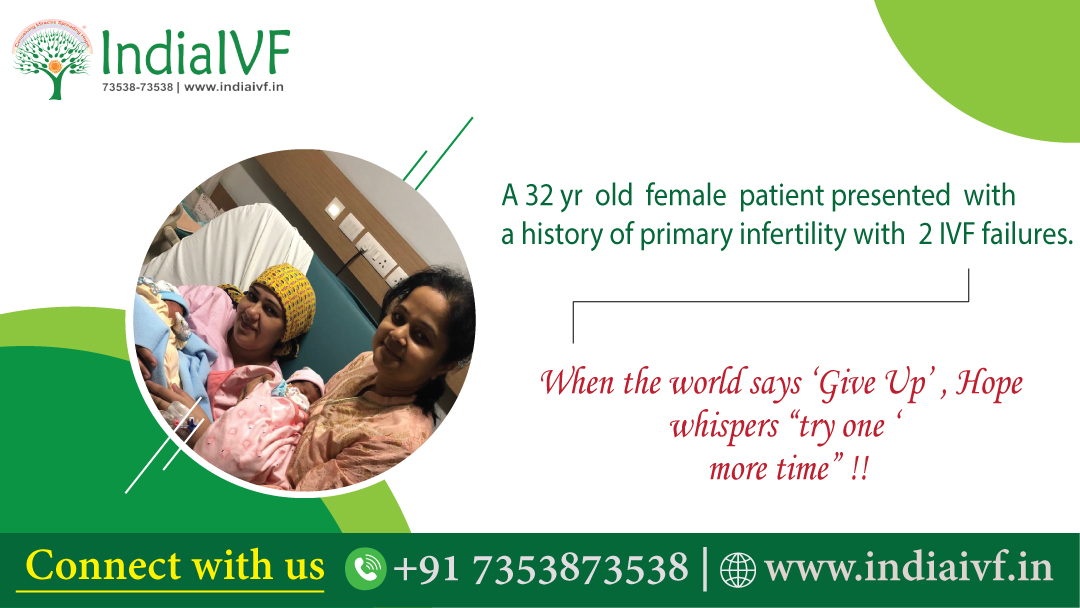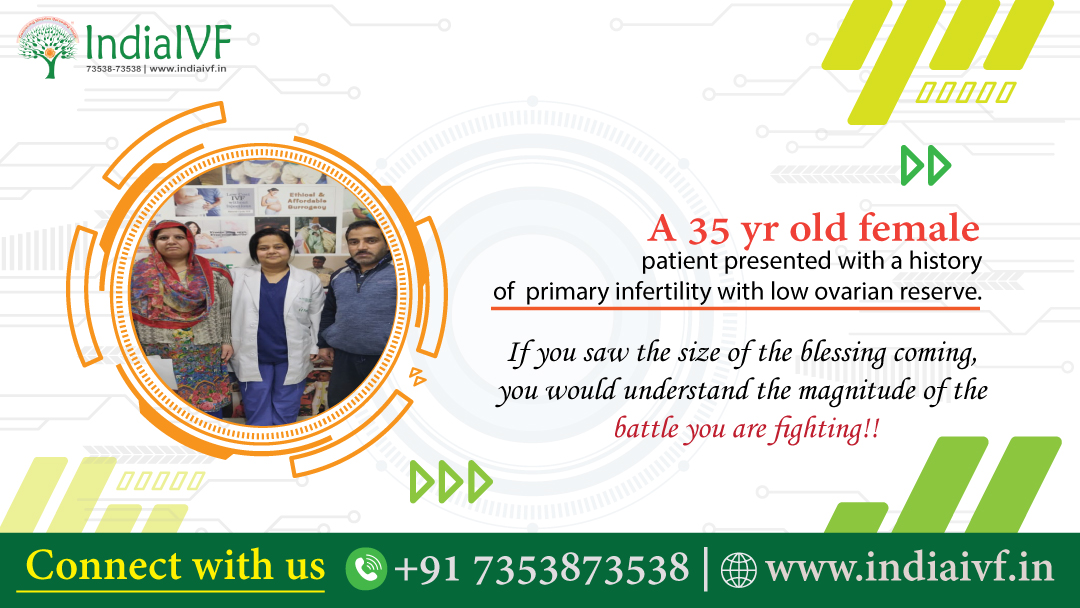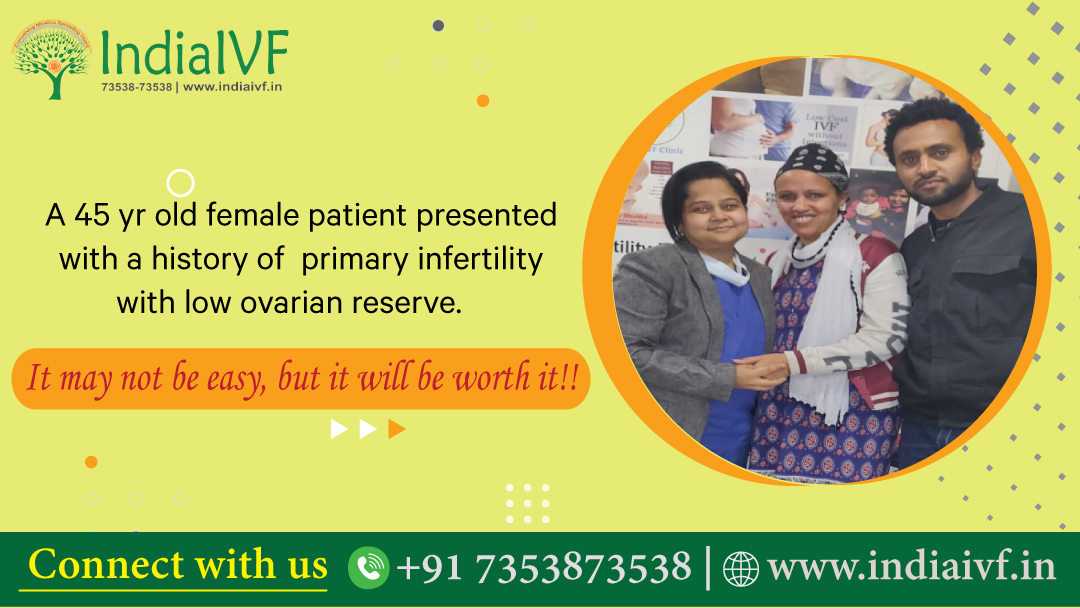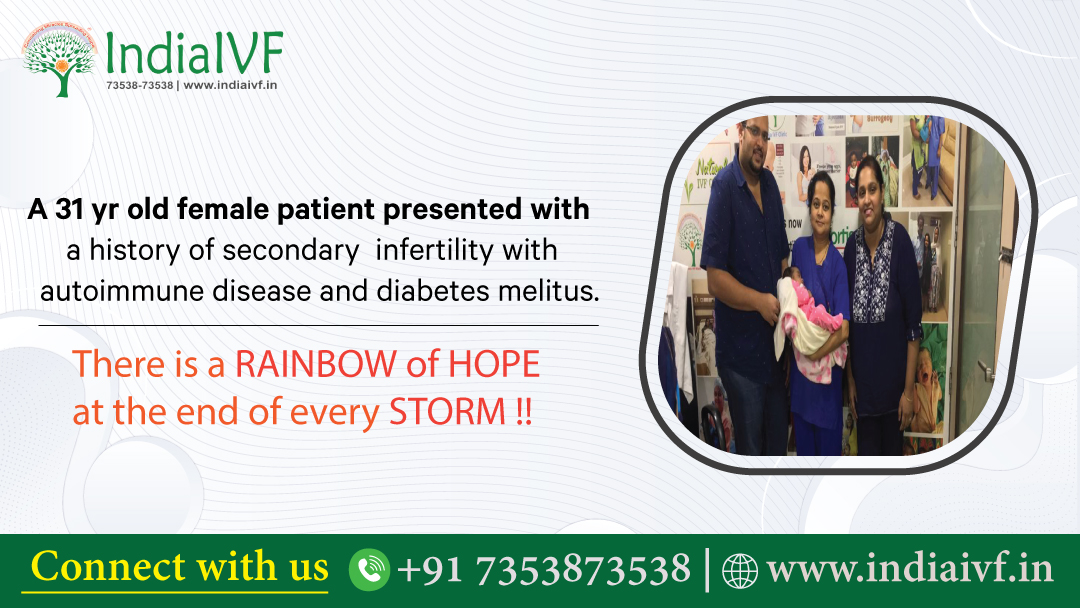Causes of Infertility in Males
Causes of Infertility in Males
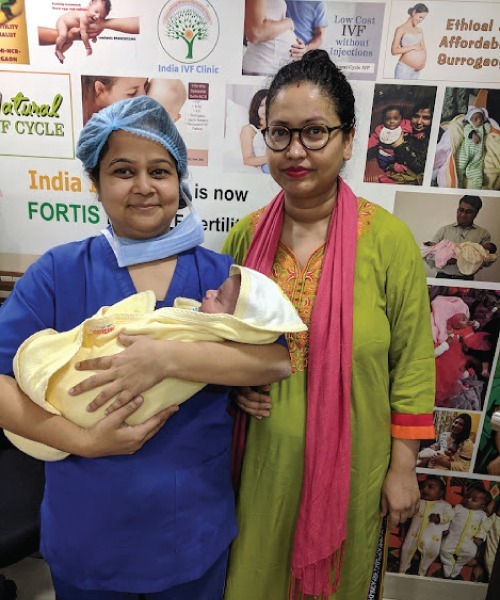

About Dr. Richika Sahay Shukla
MBBS (Gold Medalist), Infertility (IVF) Specialist & Gynae Laparoscopic surgeon, DNB (Obst & Gynec), MNAMS, MRCOG (London-UK), Fellow IVF, Fellow MAS
I’ve been helping increase the chances of pregnancy through technology, knowledge and skill.
- Performed 10000 + IVF Procedures
- 2500+ Deliveries
- Awarded by ‘the Best young IVF Specialist award ’
At India IVF with our ability, passion and cutting-edge technology we fulfill our promise of providing the best IVF care, because every pregnancy matters.
As a wife and a mother, I understand the importance of family
I’m passionate about empowering women to make informed decisions about their fertility future and most of all, I’m passionate about helping you to fulfill you dream to conceive.

Common Causes of Infertility in Males
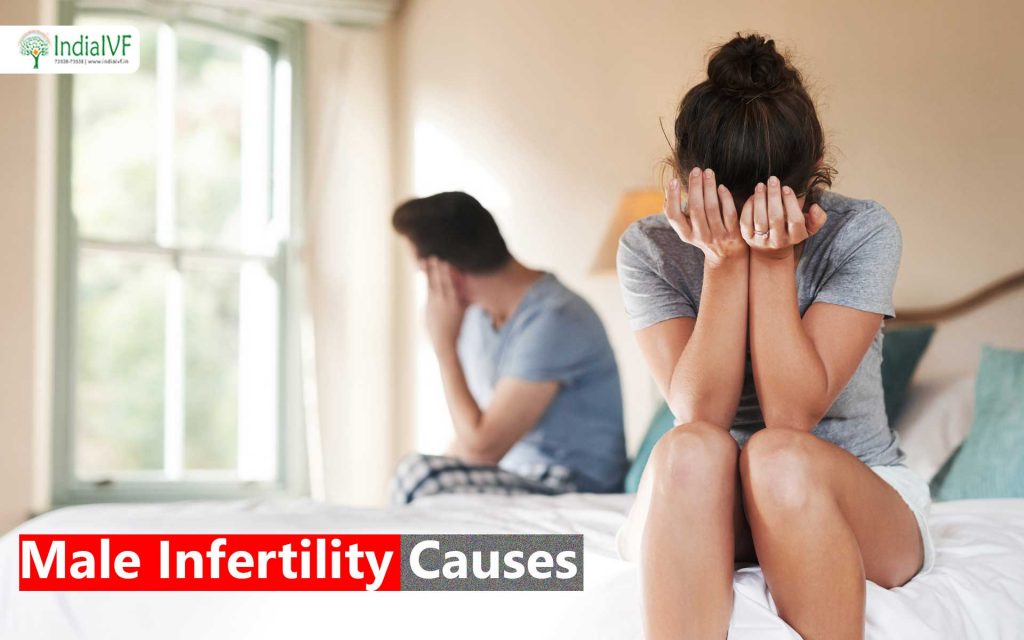
Common Causes of Infertility in Males Male fertility is a complex process. To get your partner pregnant, the following must occur:
- You must produce healthy sperm. Initially, this involves the growth and formation of the male reproductive organs during puberty. At least one of your testicles must be functioning correctly, and your body must produce testosterone and other hormones to trigger and maintain sperm production.
- Sperm have to be carried into the semen. Once sperm are produced in the testicles, delicate tubes transport them until they mix with semen and are ejaculated out of the penis.
- There needs to be enough sperm in the semen. If the number of sperm in your semen (sperm count) is low, it decreases the odds that one of your sperm will fertilize your partner’s egg. A low sperm count is fewer than 15 million sperm per milliliter of semen or fewer than 39 million per ejaculate.
- Sperm must be functional and able to move. If the movement (motility) or function of your sperm is abnormal, the sperm may not be able to reach or penetrate your partner’s egg.
Medical Causes:
Problems with male fertility can be caused by a number of health issues and medical treatments. Some of these include-
- Varicocele. A varicocele is a swelling of the veins that drain the testicle. It’s the most common reversible cause of male infertility. This may prevent normal cooling of the testicle, leading to reduced sperm count and fewer moving sperm. Treating the varicocele can improve sperm numbers and function, and may potentially improve outcomes when using assisted reproductive techniques such as in vitro fertilization.
- Infection. Some infections can interfere with sperm production or sperm health, or can cause scarring that blocks the passage of sperm. These include some sexually transmitted infections, including chlamydia and gonorrhea; inflammation of the prostate (prostatitis); and inflamed testicles due to mumps (mumps orchitis). Although some infections can result in permanent testicular damage, most often sperm can still be retrieved.
- Ejaculation issues. Retrograde ejaculation occurs when semen enters the bladder during orgasm instead of emerging out the tip of the penis. Various health conditions can cause retrograde ejaculation, including diabetes, spinal injuries, medications, and surgery of the bladder, prostate or urethra. Some men with spinal cord injuries or certain diseases can’t ejaculate semen, even though they still produce sperm. Often in these cases sperm can still be retrieved for use in assisted reproductive techniques.
- Antibodies that attack sperm. Anti-sperm antibodies are immune system cells that mistakenly identify sperm as harmful invaders and attempt to eliminate them.
- Tumors. Cancers and nonmalignant tumors can affect the male reproductive organs directly or can affect the glands that release hormones related to reproduction, such as the pituitary gland. In some cases, surgery, radiation or chemotherapy to treat tumors can affect male fertility.
- Undescended testicles. In some males, during fetal development one or both testicles fail to descend from the abdomen into the sac that normally contains the testicles (scrotum). Decreased fertility is more likely in men who have had this condition.
- Hormone imbalances. Infertility can result from disorders of the testicles themselves or an abnormality affecting other hormonal systems including the hypothalamus, pituitary, thyroid and adrenal glands. Low testosterone (male hypogonadism) and other hormonal problems have a number of possible underlying causes.
- Sperm duct defects. The tubes that carry sperm (sperm ducts) can be damaged by illness or injury. Some men experience blockage in the part of the testicle that stores sperm (epididymis) or a blockage of one or both of the tubes that carry sperm out of the testicles. Men with cystic fibrosis and some other inherited conditions may be born without sperm ducts altogether.
- Chromosome defects. Inherited disorders such as Klinefelter’s syndrome — in which a male is born with two X chromosomes and one Y chromosome (instead of one X and one Y) — cause abnormal development of the male reproductive organs. Other genetic syndromes associated with infertility include cystic fibrosis, Kallmann’s syndrome and Kartagener syndrome.
- Problems with sexual intercourse. These can include trouble keeping or maintaining an erection sufficient for sex (erectile dysfunction), premature ejaculation, painful intercourse, anatomical abnormalities such as having a urethral opening beneath the penis (hypospadias), or psychological or relationship problems that interfere with sex.
- Celiac disease. A digestive disorder caused by sensitivity to gluten, celiac disease can cause male infertility. Fertility may improve after adopting a gluten-free diet.
- Certain medications. Testosterone replacement therapy, long-term anabolic steroid use, cancer medications (chemotherapy), certain antifungal medications, some ulcer drugs and certain other medications can impair sperm production and decrease male fertility.
- Prior surgeries. Certain surgeries may prevent you from having sperm in your ejaculate, including vasectomy, inguinal hernia repairs, scrotal or testicular surgeries, prostate surgeries, and large abdominal surgeries performed for testicular and rectal cancers, among others. In most cases, surgery can be performed to either reverse these blockage or to retrieve sperm directly from the epididymis and testicles.
Book Free Consultation:
IVF SUCCESS RATES
Why Patients Prefer India IVF Clinic For In Vitro Fertilization?
- State-of-the-art facility with modern & sophisticated equipment.
- Expertise in Treatment of Low Egg Reserve, Multiple Failed IVF, Low/Nil Sperm Count.
- Expertise in Treatment of Blocked Fallopian Tube, Recurrent Abortion, Uterine Defects.
- Proven track record of treating IVF patients from Age 24 to Age 55.
- Experienced & Highly Skilled Doctors.
- Hassle-free Cashless facility, 0% EMI facility with administrative support.
Call Us Today for FREE Consultations
Expertise in Treatment of
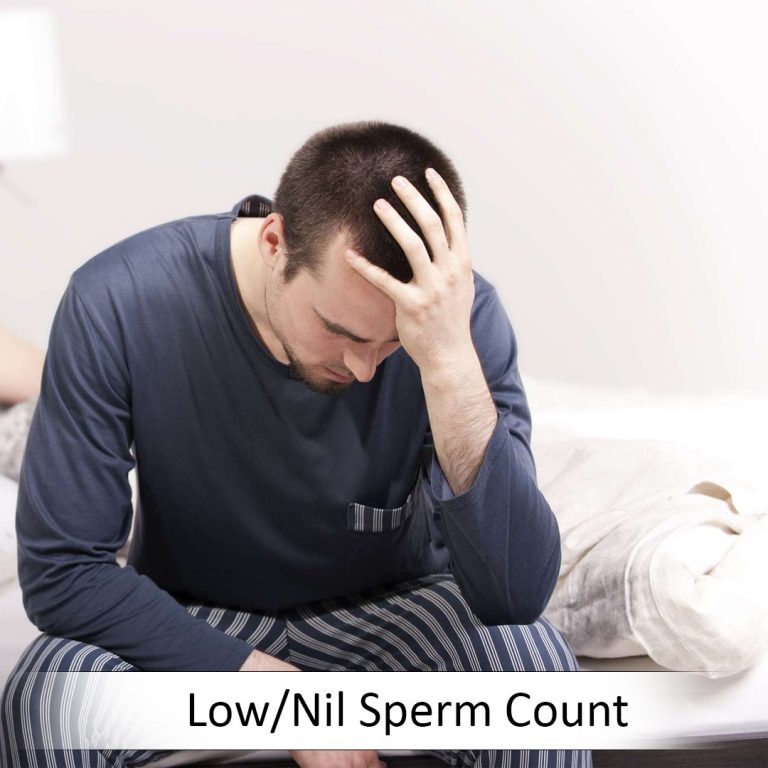
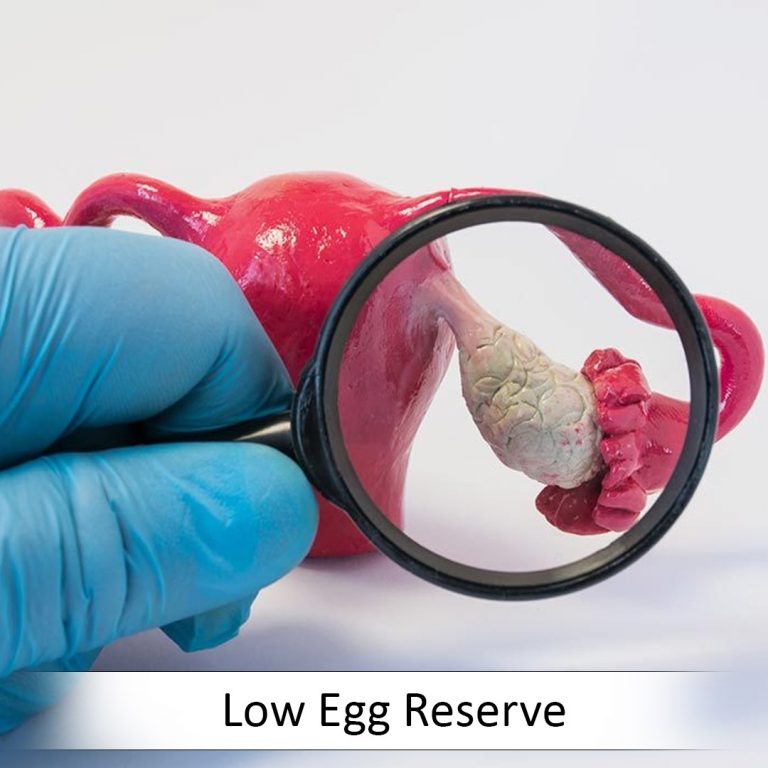

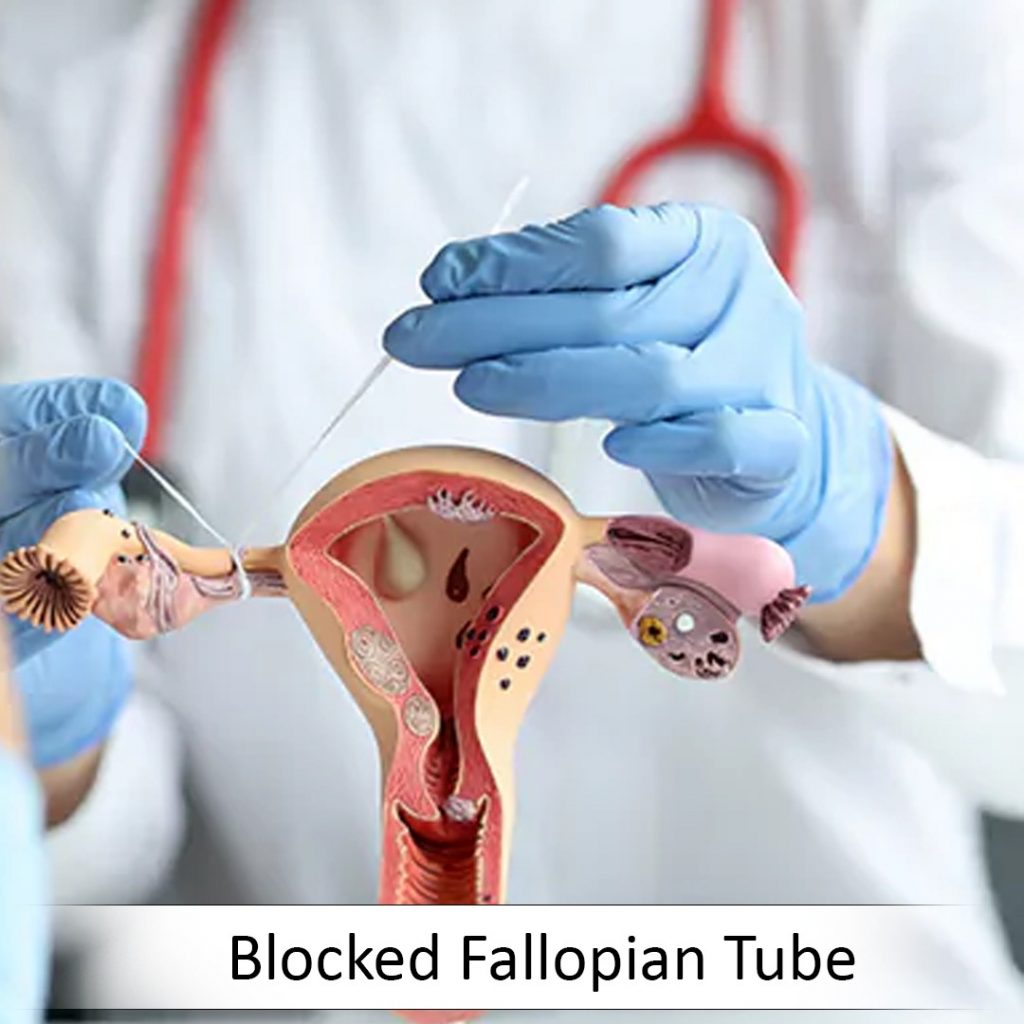
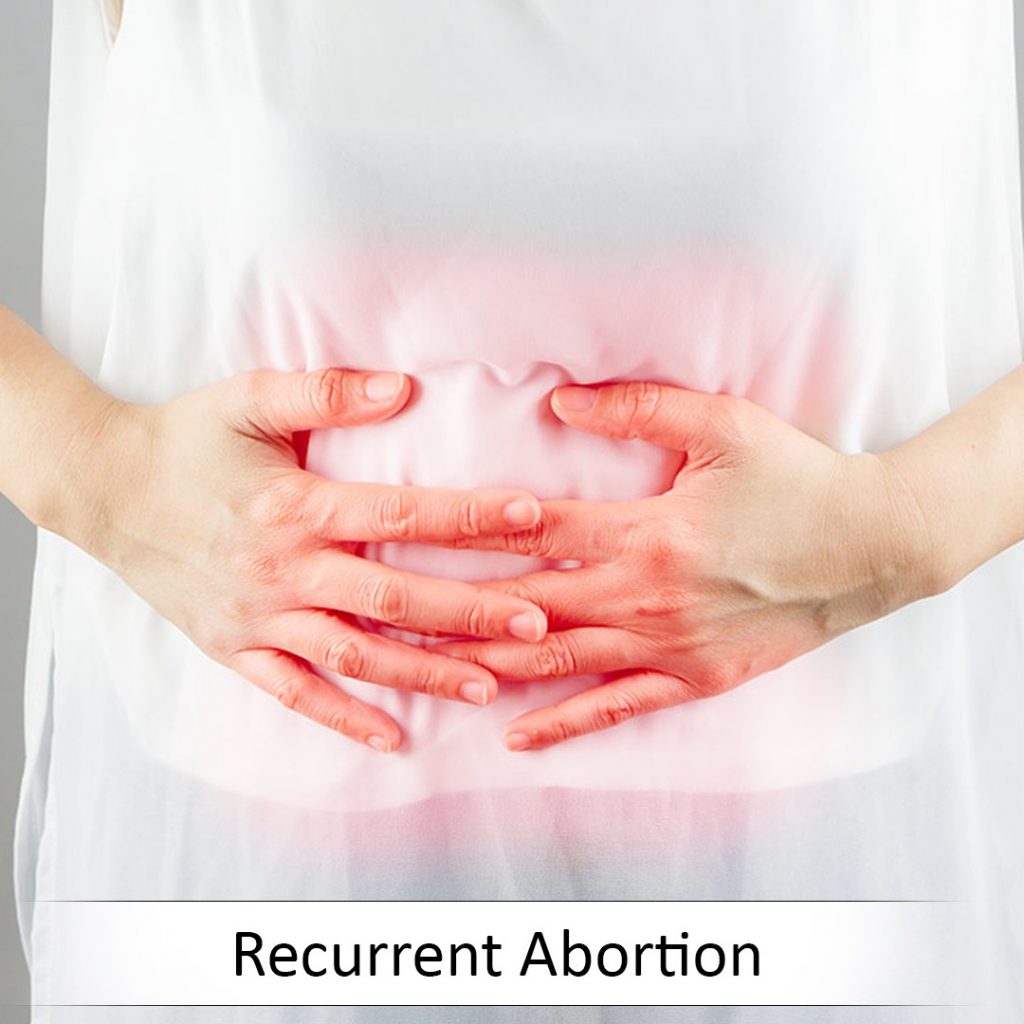
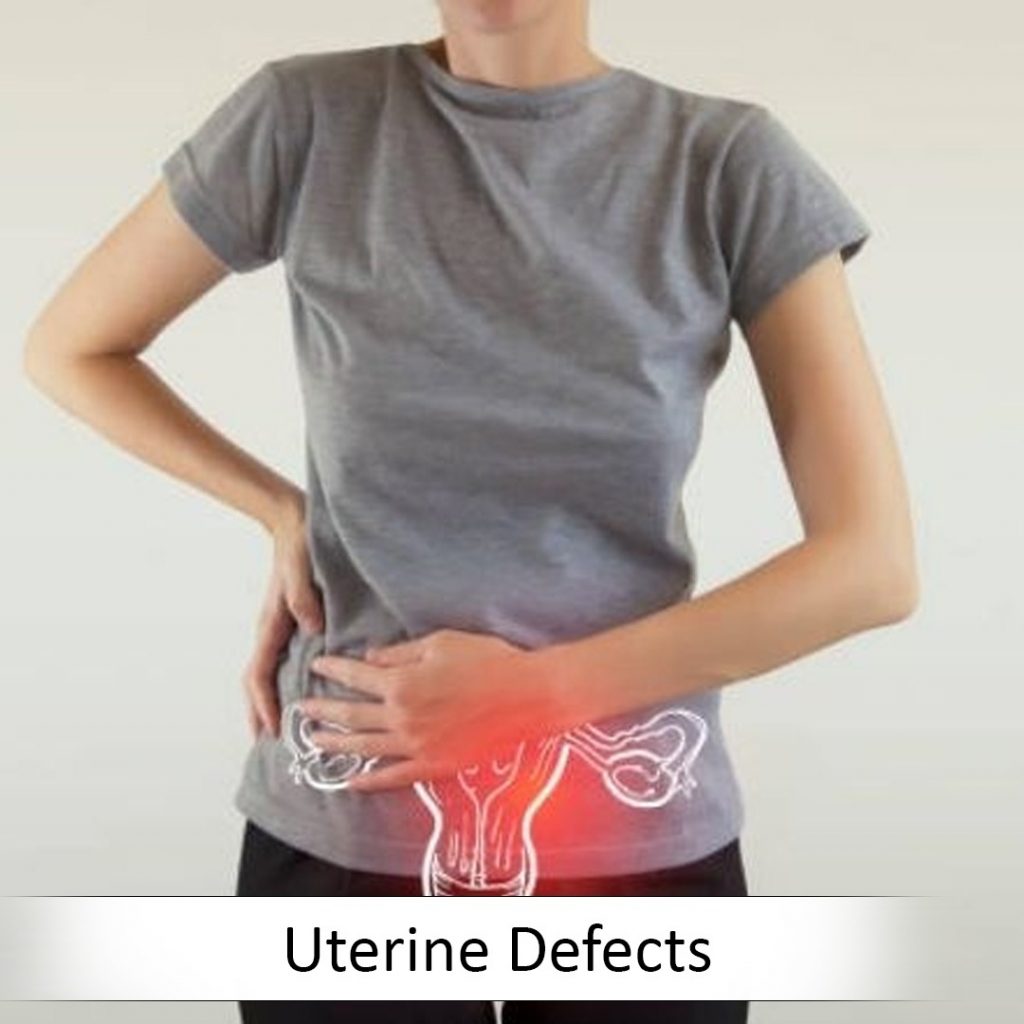
Why Patients Prefer India IVF Clinic?

WORLD CLASS TREATMENT
Most advance US FDA approved equipments with qualified and well trained staff.
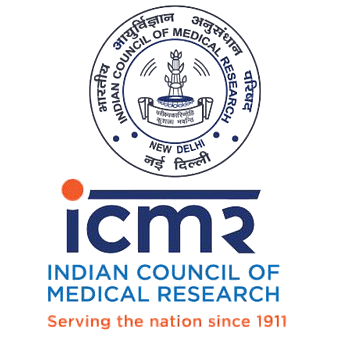
NABH, ICMAR & FRRO ACCREDITED
Government accredited IVF fertility clinic with centers in Delhi, Noida, Gurgaon, Gwalior and other cities.

CASHLESS AND 0% EMI FACILITY
Cashless Treatment Facility available for individuals and corporates*
Advanced, Secure And Affordable IVF Treatment in Delhi NCR India.
IndiaIVF is an Govt. of India by PCPNDT & ICMR accredited IVF care organization, a mark of excellence in patient care and quality – powered by a state of the art facility with experienced and skilled medical professionals.
- World Class IVF Procedure With Highest Success Rate
- Ex-AIIMS & Sir Gangaram Specialist Doctor
- 0% EMI Facility Available
IVF Success Stories
Our IVF Centres
India IVF Clinic in Noida
N Block, Plot No.26, 2nd & 3rd Floor, Sector 18, Noida 201301
India IVF Clinic in Delhi
Fortis Flt. Lt. Rajan Dhall Hospital, Aruna Asaf Ali Marg, Pocket 1, Sector B, Vasant Kunj, New Delhi, Delhi 110070
India IVF Clinic in Gurgaon
Plot No- 167 P, Lower Ground Floor, Sector 51, Gurugram- 122001
Battle-Tested And Proven Resultss
We don’t just talk – We deliver

Our Happy Patients
